ORTF Télévision TV Shows
153 shows • Page 3 of 8
 0
0Mauprat
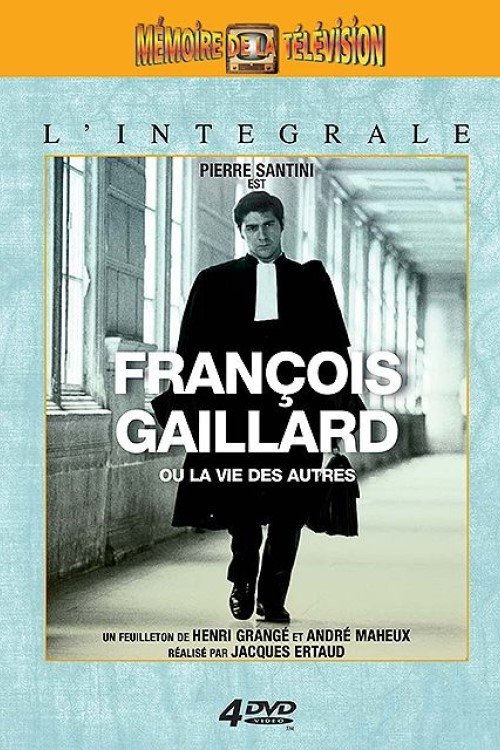
François Gaillard ou la Vie des autres

Schulmeister, l'espion de l'Empereur
Schulmeister, l’espion de l’empereur (Schulmeister, the Emperor's Spy) is a French historical adventure television series consisting of 13 episodes (1971–1974), inspired by the real life of Charles Louis Schulmeister, a famous spy in the service of Napoleon I. It alternates between historical facts and fiction, offering a fictionalized portrait of a cunning spy, loyal to Napoleon, and always ready to turn a situation to his advantage.
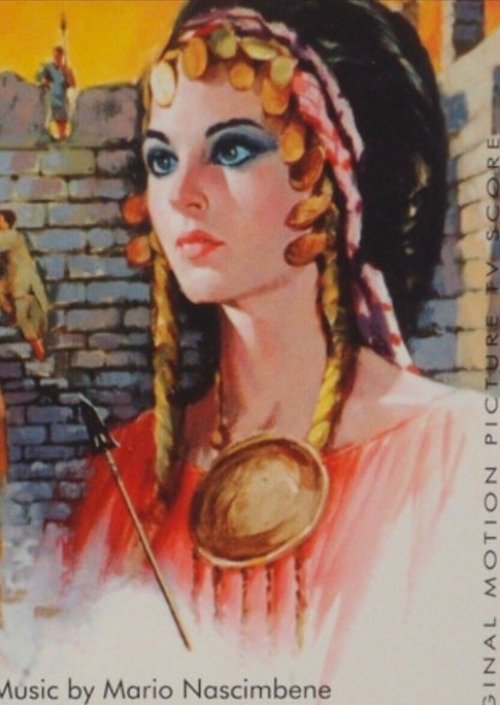
Eneide
A 7 part adaptation of the epic tale of Aeneas, written by Virgil as the Roman sequel to Homer's Iliad and Odyssey.
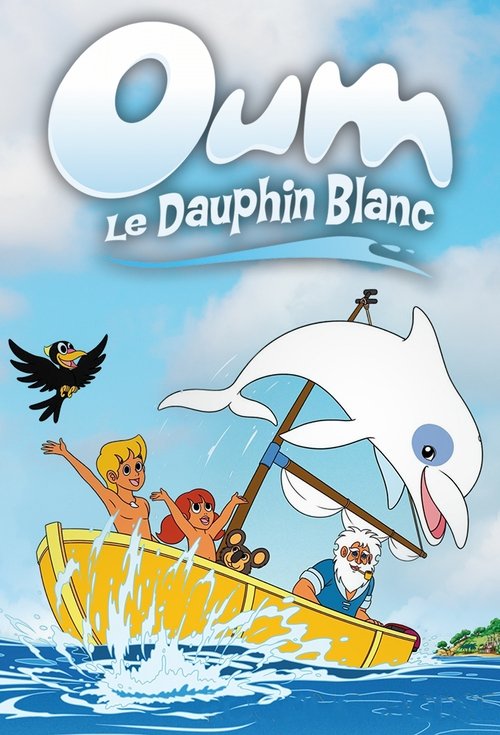
Zoom the White Dolphin
Zoom the White Dolphin was a 1971 French animated television series, of 13 episodes, created by Vladimir Tarta, directed by René Borg. The original French version was broadcast in 1971 on ORTF's second network and rebroadcast in France from 29 June 1981 on FR3. An English version was produced and broadcast internationally on networks such as CBC Television. The Japanese version of the series was titled Iruka to Shônen, which means "the dolphin and the boy". Production companies involved in the series were Telcia, Saga Films and Japan's Eiken.
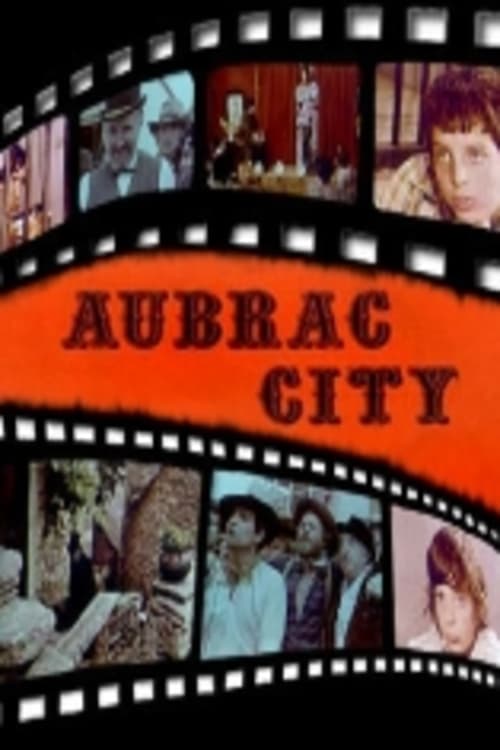 0
0Aubrac-City
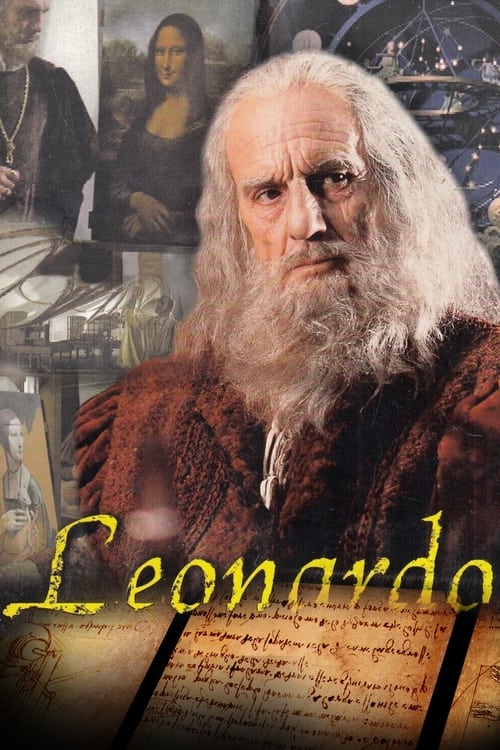
The Life of Leonardo da Vinci
Miniseries dramatizing the life of the Italian Renaissance polymath Leonardo da Vinci.
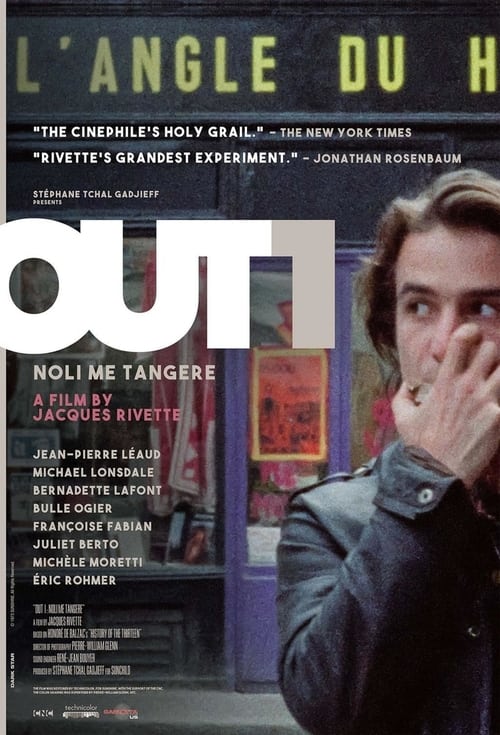
Out 1
Following the May 1968 civil unrest in France, two theater groups rehearse plays by Aeschylus while two solitary individuals wander the Parisian streets hustling the populace for cash.
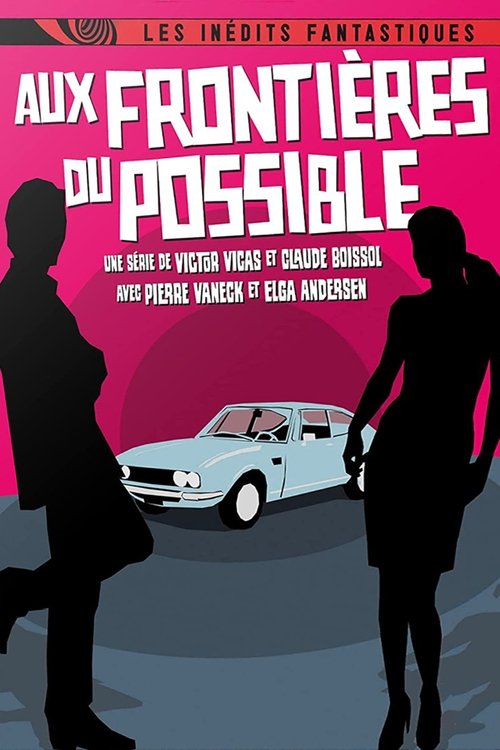
Aux frontières du possible
Aux frontières du possible is a French television show that was broadcast from 1971 and 1974. The show was created by Henri Viard and Jacques Bergier, based on the latter's book Scientific Espionage. 13 50-minute episodes were made, and the series was shown on channel 2 of the French ORTF network. In Canada, the series was broadcast in 1972 and 1974 on Radio-Canada.
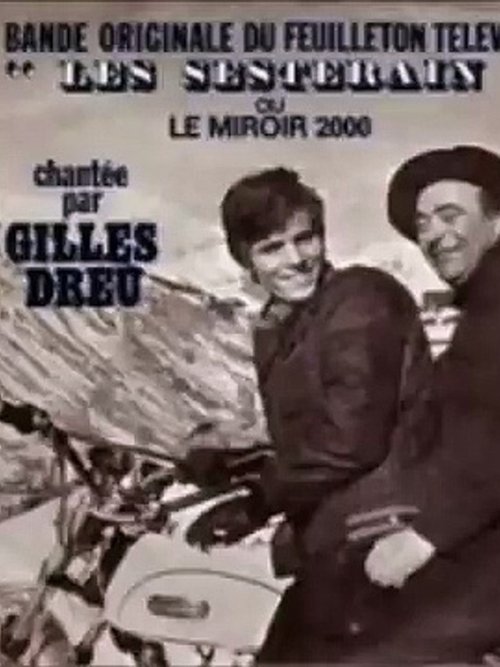 0
0Les Sesterain ou le miroir 2000
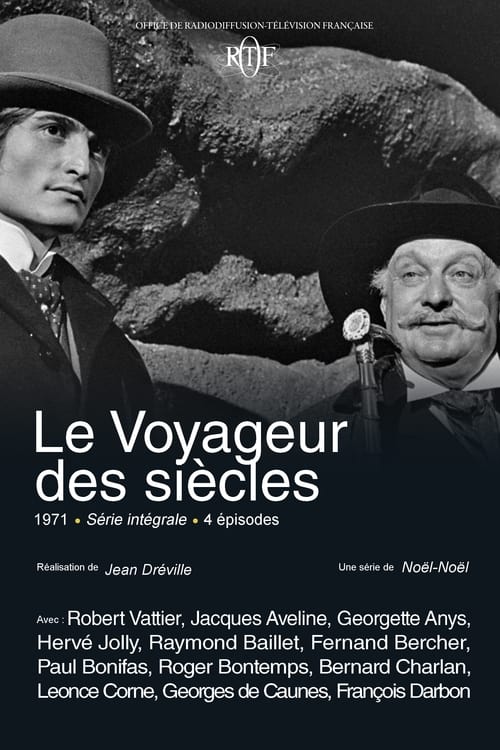
Le Voyageur des siècles
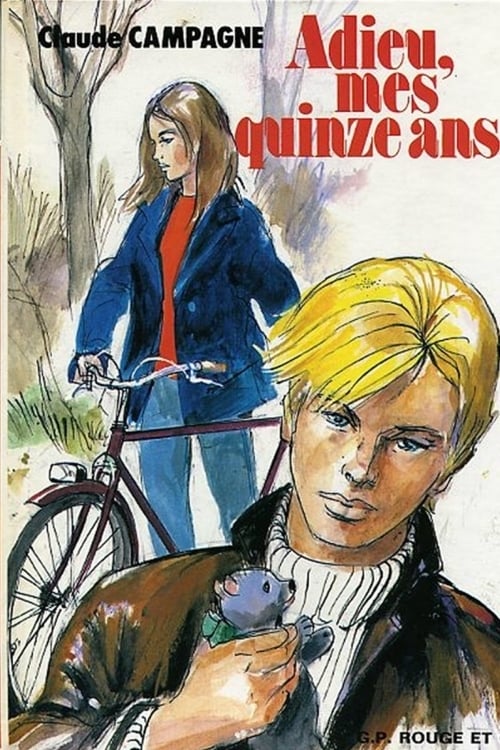 0
0Adieu mes quinze ans
 0
0Christa

Arsène Lupin
Arsène Lupin is a French TV show which was co-produced with German, Canadian, Belgian, Dutch, Swiss, Italian and Austrian TV stations. It was only loosely based on Maurice Leblancs novels. Georges Descrières' portrayal of Arsène Lupin showed more similarity to Graf Yoster than to Maurice Leblanc's original. He behaved in the first place as a perfect gentleman who never got angry. He was always relaxed, because whatever could possibly had bothered him in daily life was taken care of by his butler. It wasn't questioned how he had come to his financial independence although the series sometimes discreetly implied that he was a professional criminal. Besides rescuing damsels in distress Lupin took on criminals, competing with their wit and intelligence. Either he stole paintings from rich people who had to be considered white-collar criminals or he acted as a detective who derailed criminal schemes. However, when he was attacked, he could defend himself effortlessly by using elegant jujutsu methods. Among the guest stars were German actors such as Günter Strack and Sky du Mont. Jean-Paul Salomé said in his commentary on the DVD version of his film Arsène Lupin he had like this series as a child. German TV, one the investors, would broadcast the show eventually between 18:00-20:00 o'clock because it was only allowed to show commercials within that very timeslot. For them to get a financial return on investment the show had to be appropriate for families and also for children who would watch it alone. Subsequently it was nearby to ask to defuse and flatten some of Leblanc's plots in order to avoid possible complaints that could force the station to broadcast the show beyond the "Vorabendprogramm".
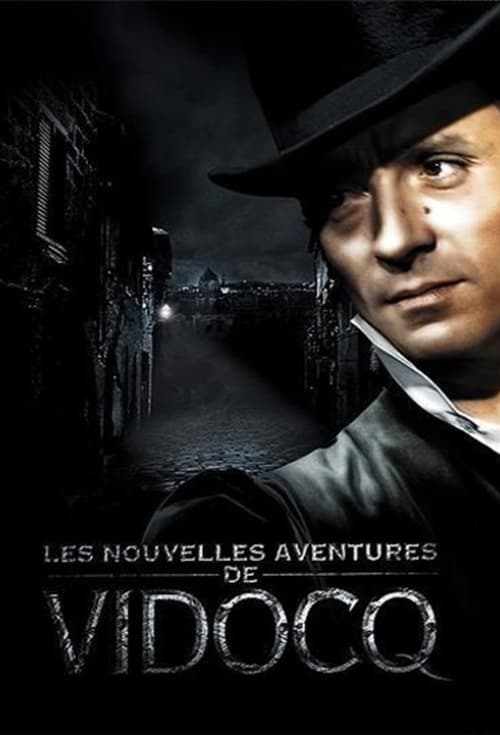
Les Nouvelles Aventures de Vidocq
Based on the memoirs of Eugène-François Vidocq, this series follows the adventures of this former convict turned policeman in the early 19th century. In these new adventures, Vidocq comes up against a ravishing “baronne”, a formidable gang leader. The cases entrusted to Vidocq are not only police affairs, but also delicate, political and even diplomatic affairs.
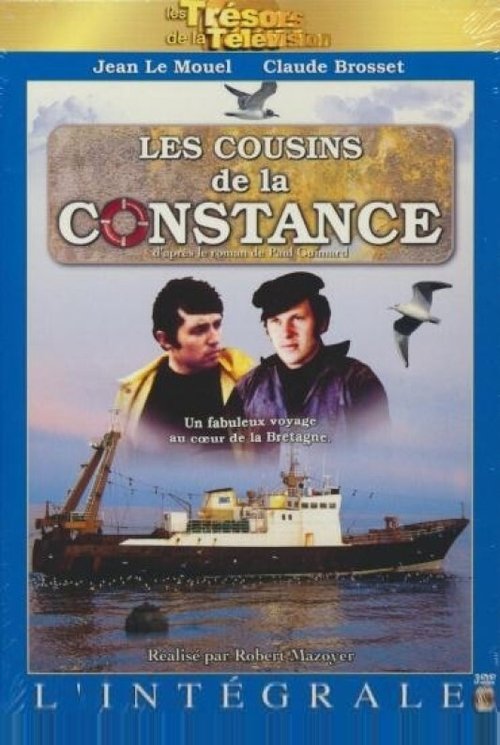
Les Cousins de la Constance
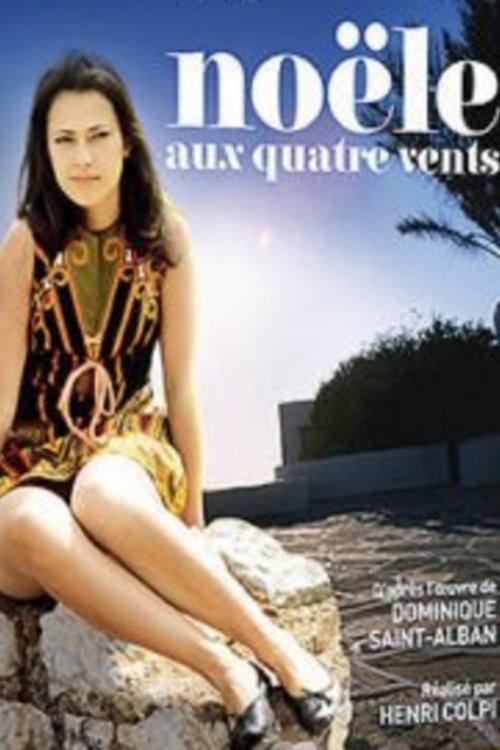 0
0Noële aux quatre vents
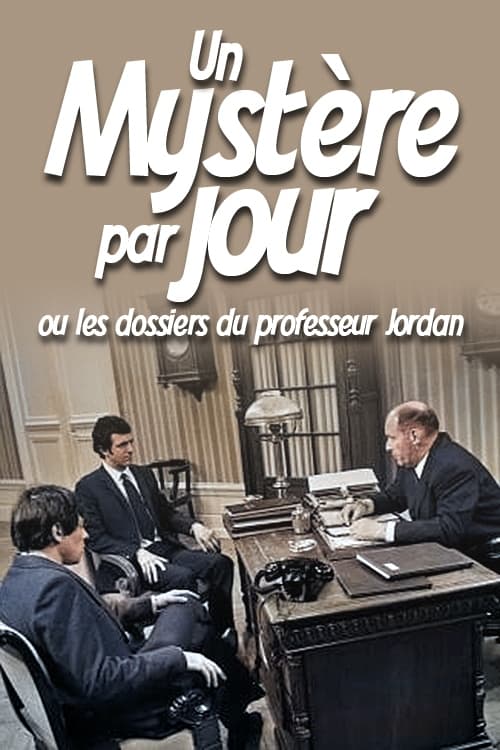 0
0Un mystère par jour
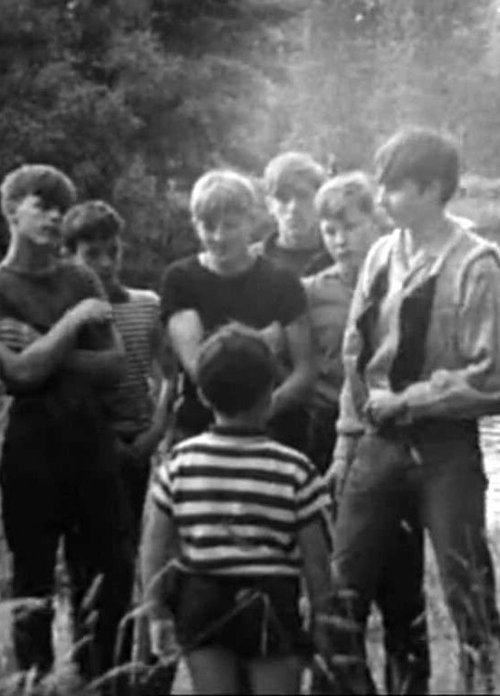 0
0La bande des Ayacks
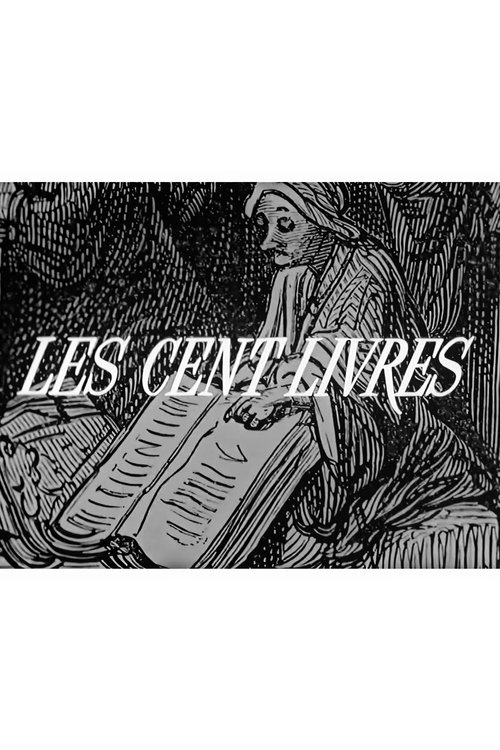 0
0Les Cent Livres des Hommes
Les Cent Livres des Hommes (ORTF, 1969-1973) was a series of literary programs created by Claude Santelli and Françoise Verny, and produced notably by Santelli, Jean Archimbaud, and Serge Moati. Planned for one hundred episodes but completed at thirty-nine, the series aimed to introduce great literary works, 'chefs-d’œuvre', to a younger audience through a mix of dramatization, reading, and documentary techniques. It marked a transfer of cultural legitimacy from writers and critics to a generation of television producers, offering a new model of educational and creative literary broadcasting - 'télévision d’auteur'.
